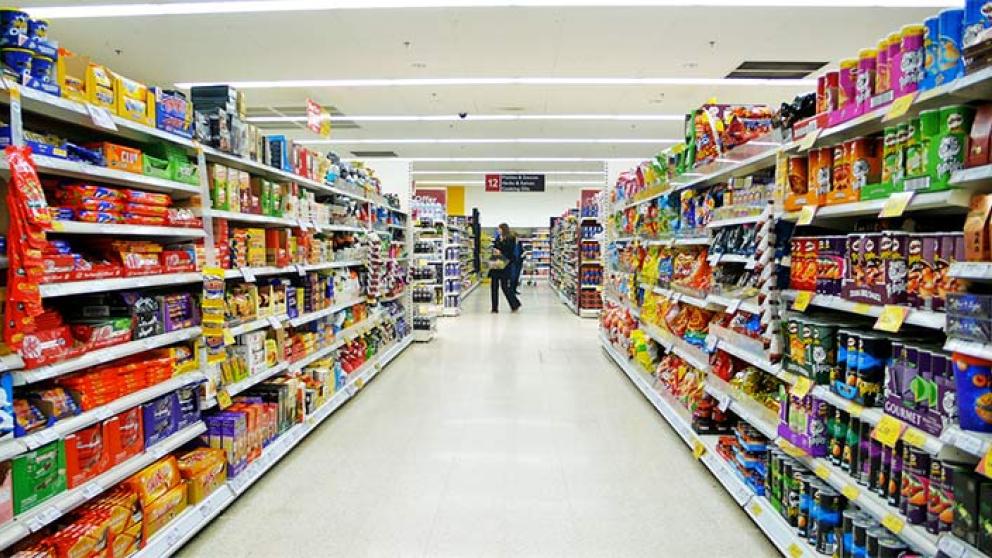Expert opinion: How the 'pingdemic' is affecting the supply chain

Logistics expert Dr Jonathan Owens, of the University of Salford Business School, comments on why and how the ‘pingdemic’ is affecting the supply chain.
Dr Owens said: "This has been looming on the horizon, or from when the opening up of the economy came, as demand has not really stopped due to the pandemic. For a lot of products, we have seen a steady increase in demand for which the capacity to fulfil has become more and more stretched. This is despite many big companies attempting to increase their operations on a part time basis, which has in a lot of cases has then seen a steady transfer to full-time employment. Much of this increased demand has come through the convenience of shopping online, which is stretching supply chains; with companies finding it challenging to prioritise and manage the supplies within the agreed delivery times. This was difficult before opening the economy, now this two-channel demand, both online and in person, has become almost an impossible challenge to meet, and forecast modelling in such a volatile environment might not be possible or feasible for all companies because of the cost and complexities involved with implementation.
"With regards to supply, the UK still imports a lot of raw materials, and some countries are prioritising their own supply chains for their own demands. This may not be a simple case of direct utilisation, but more linked to extended delivery times within the supply chain. Subsequently, because of a combination of Covid restrictions in other countries, as well as the shortages of operational resources here in the UK, the delivery time will take longer. This is where the British public must now play their part, but unfortunately, we are seeing a case of ‘déjà vu’ and the panic buying is emerging once again as it did in previous waves during the pandemic.
"Human Operational Resourcing through the ‘pingdemic’ has shown backlogs in goods where high skilled workers are unable to work and there are backlogs of assembly and delivery because of the shortage of these people. Here, it is not a simple case of hiring and quickly putting in place, as with the store operatives and couriers, because of the level of training required for these roles. Subsequently, this might mean smart operations for some companies and redirection of resources, such as the final mile and delivery option, being reverted to the customer to allow for drivers to be reallocated elsewhere upstream in the supply chain.
"One of the key factors in keeping demand, supply and resourcing moving for many companies is the technology. The extra demand, due to the extended lockdown period, is possibly going to create a strain on this area as well, meaning that maintenance will be an important component in keeping the supply chain moving. With this in mind, another concern we should be considering is the potential global chip shortage."
For all press office enquiries please email communications@salford.ac.uk.
Share:
